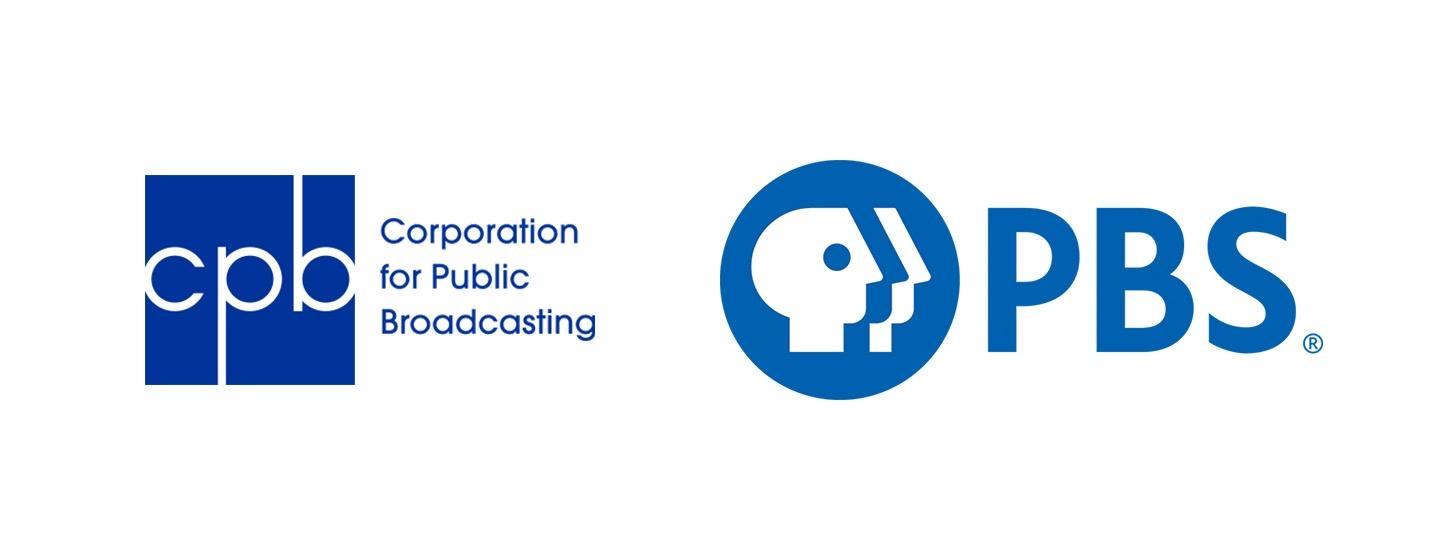Funding will support production of new educational content and local community
engagement that equips young learners with key skills for success
WASHINGTON, D.C. (October 7, 2020) – The Corporation for Public Broadcasting (CPB) and PBS have received a Ready To Learn grant from the U.S. Department of Education's Office of Elementary and Secondary Education. The grant will provide $24,322,018 in year one of a five-year cycle* to fund CPB and PBS’s comprehensive multi-media learning and station engagement initiative, which will connect children’s media and learning environments to build key skills for success.
The initiative will result in the development of new content that helps young children build vital skills to help them succeed in school and life, including functional literacy, critical thinking and collaboration — and shows them career options in age-appropriate ways. This will be done by producing multiple forms of content, some that show real-life examples of success by having adult role models share how they turned their childhood interest into their life’s work. It will also help parents, caregivers and communities support children’s learning and growth, with a goal of putting children on a path to success in learning, work and life.
CPB and PBS will work with experts in early learning and leading children’s media producers to create new PBS KIDS multiplatform content, including Wombats! (w.t.), produced by GBH, in which preschoolers will learn critical thinking and collaboration skills by following the adventures of three marsupial siblings as they explore their “Treeborhood.” In Liza Loops (w.t.), created and produced by Dave Peth, children ages 5-6 will encounter sociable city kid Liza, an aspiring inventor, and her fuzzy blue sidekick Stu as they invent solutions to help others in their neighborhood. As part of the grant, CPB and PBS will work with additional producers and partners on the third series with a literacy curriculum, in addition to digital games and podcasts, as well as resources to support family learning at home, in virtual spaces and in the community.
Today, children face a future filled with an unprecedented amount of uncertainty. The initiative’s focus on introducing children to the mindsets, knowledge and skills required to succeed in the workforce stems from a rapidly evolving global economy. COVID-19 has also impacted the workforce landscape, making it more important than ever to equip children with skills and ways of thinking that will allow them to successfully navigate their future.
“During these challenging times, public media continues to deliver value to the American people through our consistent commitment to early learners. As COVID-19 continues to disrupt education, public media is working to ensure that the nation’s children, especially those in low-income communities, have access to learning and are not left behind,” said Pat Harrison, President and CEO for CPB. “The funding by Congress and the Department of Education will provide vital resources to public media for the creation of research-based educational content, that will be offered free of charge and commercial free, to help children prepare to succeed in work and life.”
“PBS was founded on the belief that media can be a powerful force for education and inspiration. As we celebrate our 50th anniversary, we are committed to building on our strong legacy of high-quality educational media to meet the needs of young learners,” said Paula Kerger, President and CEO, PBS. “We are grateful for the vital support of CPB and the Department of Education, which allows us to serve millions of children across the country. Together with our member stations and producing partners, we will use every tool at our disposal to prepare the next generation for success in school and life.”
Local PBS stations will work with community partners, including schools, public libraries, museums, businesses, local Chambers of Commerce and other stakeholders, as part of a national network devoted to supporting the early learning needs of children in low-income communities. Critical national partners include the National Association for the Education of Young Children (NAEYC), the U.S. Chamber of Commerce Foundation and Parents As Teachers.
The first phase of work will take place in 12 communities, including: Anchorage, Alaska (Alaska Public Media); Austin, Texas (Austin PBS); Birmingham, Alabama (Alabama Public Television); Detroit (Detroit Public TV); Las Vegas (Vegas PBS); Lexington, Kentucky (Kentucky Educational Television); Los Angeles (PBS SoCaL); Madison, Wisconsin (PBS Wisconsin); New York (WNET); Owings Mill, Maryland (Maryland Public Television); Pittsburgh (WQED); and Tallahassee, Florida (WFSU). Additional communities will be added during years 2-5 of the grant.
The Education Development Center (EDC) will lead a research effort to assess the success of the five-year initiative, with emphasis on the new content’s ability to build key skills and inspire children to explore the “world of work.” Project research will also provide new insights into the ways in which newer media and intergenerational engagement can support children’s learning. Data analytics will advance the understanding of how games can influence learning gains, and formative studies will drive informed content creation.
*Additional years of funding are contingent on Congressional appropriations.
About CPB
The Corporation for Public Broadcasting (CPB), a private, nonprofit corporation created by Congress in 1967, is the steward of the federal government's investment in public broadcasting. It helps support the operations of more than 1,500 locally managed and operated public television and radio stations nationwide, and is the largest single source of funding for research, technology, and program development for public radio, television and related online services.
About PBS
PBS, with its over 330 member stations, offers all Americans the opportunity to explore new ideas and new worlds through television and online content. Each month, PBS reaches nearly 100 million people through television and over 28 million people online, inviting them to experience the worlds of science, history, nature and public affairs; to hear diverse viewpoints; and to take front row seats to world-class drama and performances. PBS’ broad array of programs has been consistently honored by the industry’s most coveted award competitions. Teachers of children from pre-K through 12th grade turn to PBS for digital content and services that help bring classroom lessons to life. PBS’ premier children’s TV programming and its website, pbskids.org, are parents’ and teachers’ most trusted partners in inspiring and nurturing curiosity and love of learning in children. More information about PBS is available at www.pbs.org, one of the leading dot-org websites on the Internet, or by following PBS on Twitter, Facebook or through our apps for mobile devices. Specific program information and updates for press are available at pbs.org/pressroom or by following PBS Pressroom on Twitter.
About The Ready To Learn Initiative
The Ready To Learn Initiative is a cooperative agreement funded and managed by the U.S. Department of Education’s Office of Elementary and Secondary Education. It supports the development of innovative educational television and digital media targeted to preschool and early elementary school children and their families. Its general goal is to promote early learning and school readiness, with a particular interest in reaching low-income children. In addition to creating television and other media products, the program supports activities intended to promote national distribution of the programming, effective educational uses of the programming, community-based outreach and research on educational effectiveness.
Contacts:
Shana Teehan, CPB, steehan@cpb.org, 205-586-5751
Kayla Springer, PBS, kmspringer@pbs.org, 571-481-6668
The contents of this release were developed under a grant from the Department of Education. However, those contents do not necessarily represent the policy of the Department of Education, and you should not assume endorsement by the Federal Government. The project is funded by a Ready To Learn grant [PR/Award No. S295A200004, CFDA No. 84.295A] provided by the Department of Education to the Corporation for Public Broadcasting.
# # #




